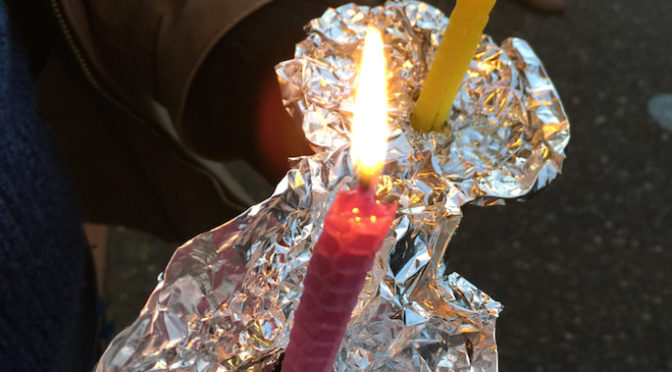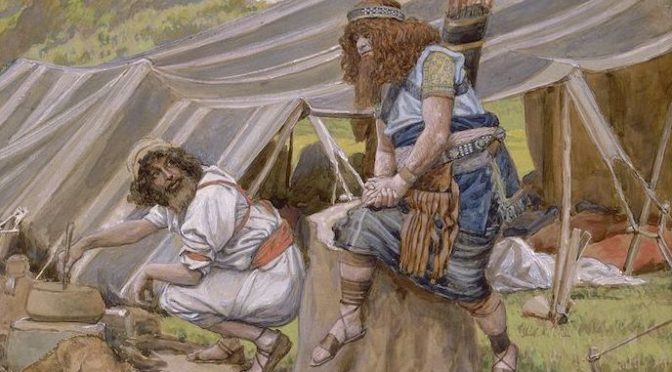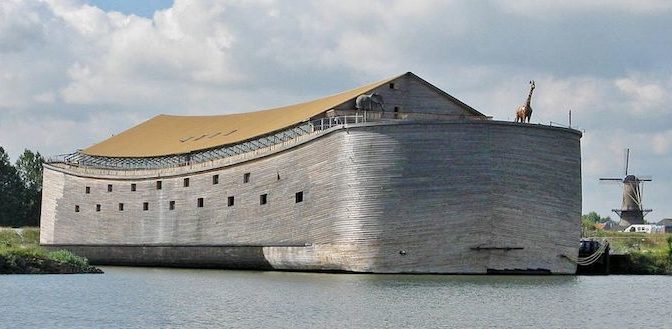Am I really free from my old way of life? Am I going somewhere in life that leads to eternal contentment, or am I wandering through this existence, at the mercy of happenstance? These are some of the big questions tackled in the Torah reading בְּשַׁלַּח Beshalach (“when he sent”), covering Ex. 13:17-17:16. We can’t imagine what our ancestors in faith experienced as they witnessed God’s work during the Exodus from Mitzraim (Egypt). As they were leaving the house of bondage, were they really free or did they leave their hearts in Mitzraim, despite the cruelties and indignities they experienced there?






